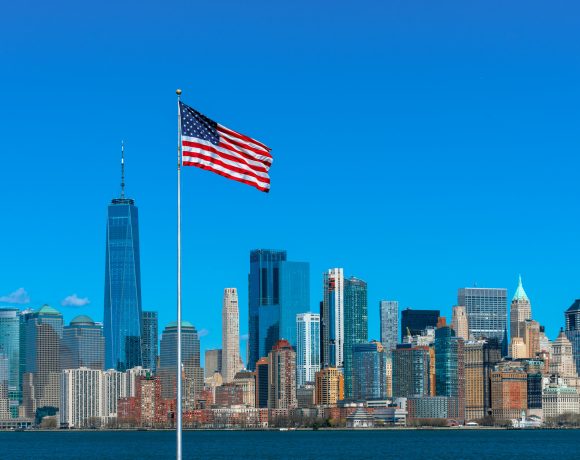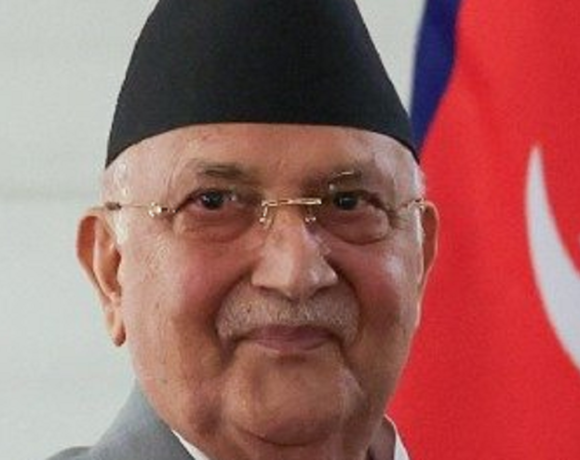
UK Court Upholds Ban on Palestine Action Under Terror Law
A UK court has officially upheld the government’s decision to ban the activist group Palestine Action under the Terrorism Act 2000, rejecting the group’s urgent appeal to pause the proscription. The move marks a historic precedent in the country’s legal handling of protest movements, as Palestine Action becomes the first civil disobedience group to be declared a terrorist organization under the statute.
Court Rejects Plea to Delay Proscription
The group’s legal team, led by co-founder Huda Ammori, argued that the ban represents an “authoritarian abuse” of anti-terrorism legislation. They contended that damaging property—such as spray-painting buildings or disrupting supply chains—should not be equated with terrorism. However, both the High Court and Court of Appeal dismissed their plea, stating that the government’s actions were legally sound and proportionate in the current national security context.
Terrorism Label Carries Severe Consequences
With the ban now in force, any individual found to be a member of or offering support to Palestine Action could face up to 14 years in prison. The legal classification now places the group alongside internationally recognized terrorist organizations. This also grants authorities expanded powers to investigate, arrest, and prosecute anyone associated with the group.
Activism or Extremism?
The decision follows a high-profile June incident in which Palestine Action members entered RAF Brize Norton and damaged military aircraft as part of their protest against British arms exports to Israel. Home Secretary Yvette Cooper justified the ban, citing increasing incidents of sabotage and threats to operational security. Civil liberties groups, however, have condemned the move as a dangerous overreach, warning that it could suppress legitimate dissent and criminalize protest culture.
Implications for Civil Liberties in the UK
The government’s decision is seen by critics as a defining moment in the shrinking space for activism in the UK. Rights advocates warn that expanding the definition of terrorism to include non-violent or symbolic protest actions sets a troubling precedent. The full judicial review, scheduled later this month, may determine whether this classification holds long-term or if the government will face legal pushback for stifling protest under the guise of national security.


















